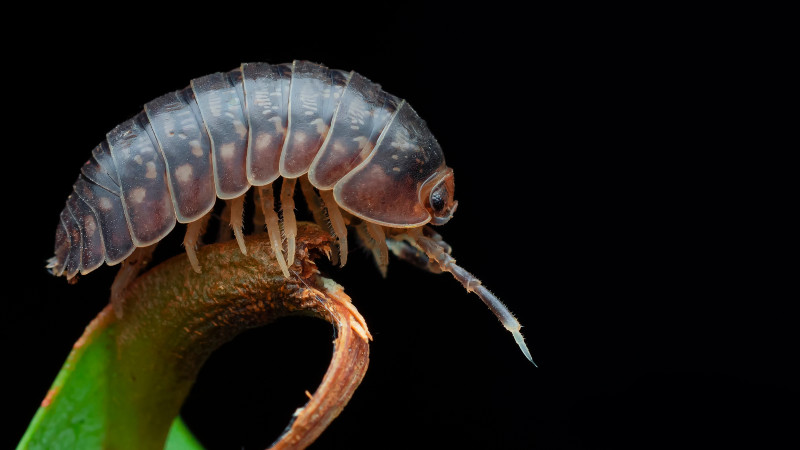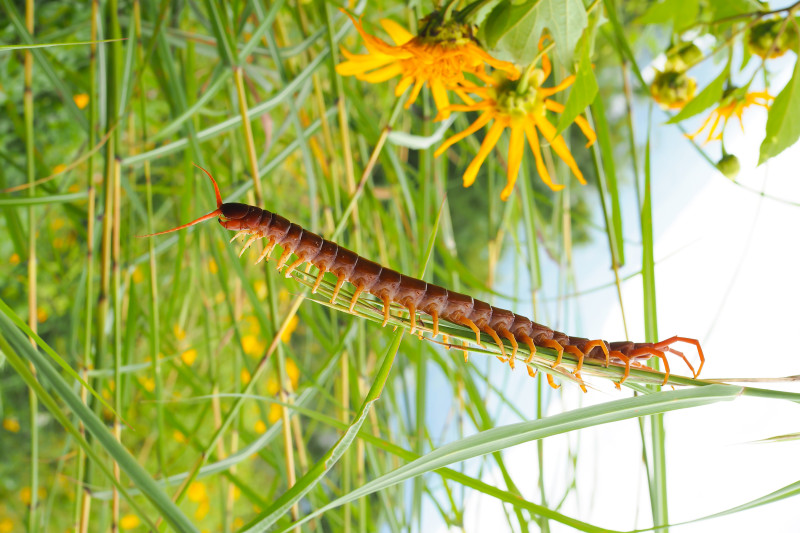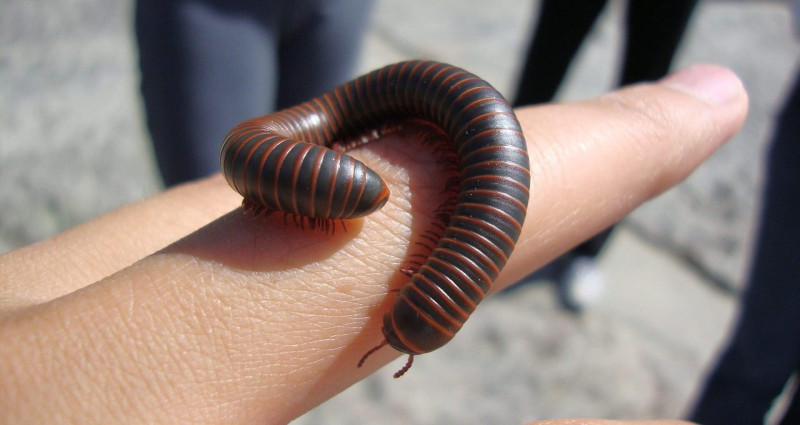There are many good reasons to attract earthworms to your yard. They clean up debris and recycle it as fertilizer. Their tunnels aerate the soil, and erosion is almost eliminated. Their labors benefit the food we eat, the flowers we love, the trees that shade us, and the wildlife in our yards. And the worms themselves are food for many animals.
Once you provide the right conditions—moisture and organic matter to feed them—they’ll find their way to your yard by moving to it from neighboring areas or hitching a ride in plants you bring home from the garden center. If the environment you provide is suitable, they’ll survive and multiply.
For earthworms to thrive:
- Give them organic matter. They feed on decaying plant roots and leaves, tiny worms, microscopic single-cell animals, bacteria, and fungi. If placed in dead soil, they won’t survive.
- Use organic mulch, such as wood mulch, shredded leaves, or pine needles to cover your flower and shrub beds. Don’t use rock or weed barriers. Mulching makes a difference
- They like light, oxygenated soil, so don’t use rock or weed barriers.
- Amend clay soil with decaying organic matter, such as leaves, peat moss, or compost. This provides food and air spaces so that they can breathe. Your plants will benefit, too.
- Once you’ve amended your soil, don’t till. It kills them.
- Keep your yard watered.
- You can purchase earthworms and add them to your soil, but if the conditions aren’t right, they’ll die, and you’ll have wasted your money. Do some research to ensure you purchase the right kind of earthworms—they aren’t all alike.
- Check labels on fertilizers and other yard products to ensure they’re safe for earthworms. That generally means using only natural products.





